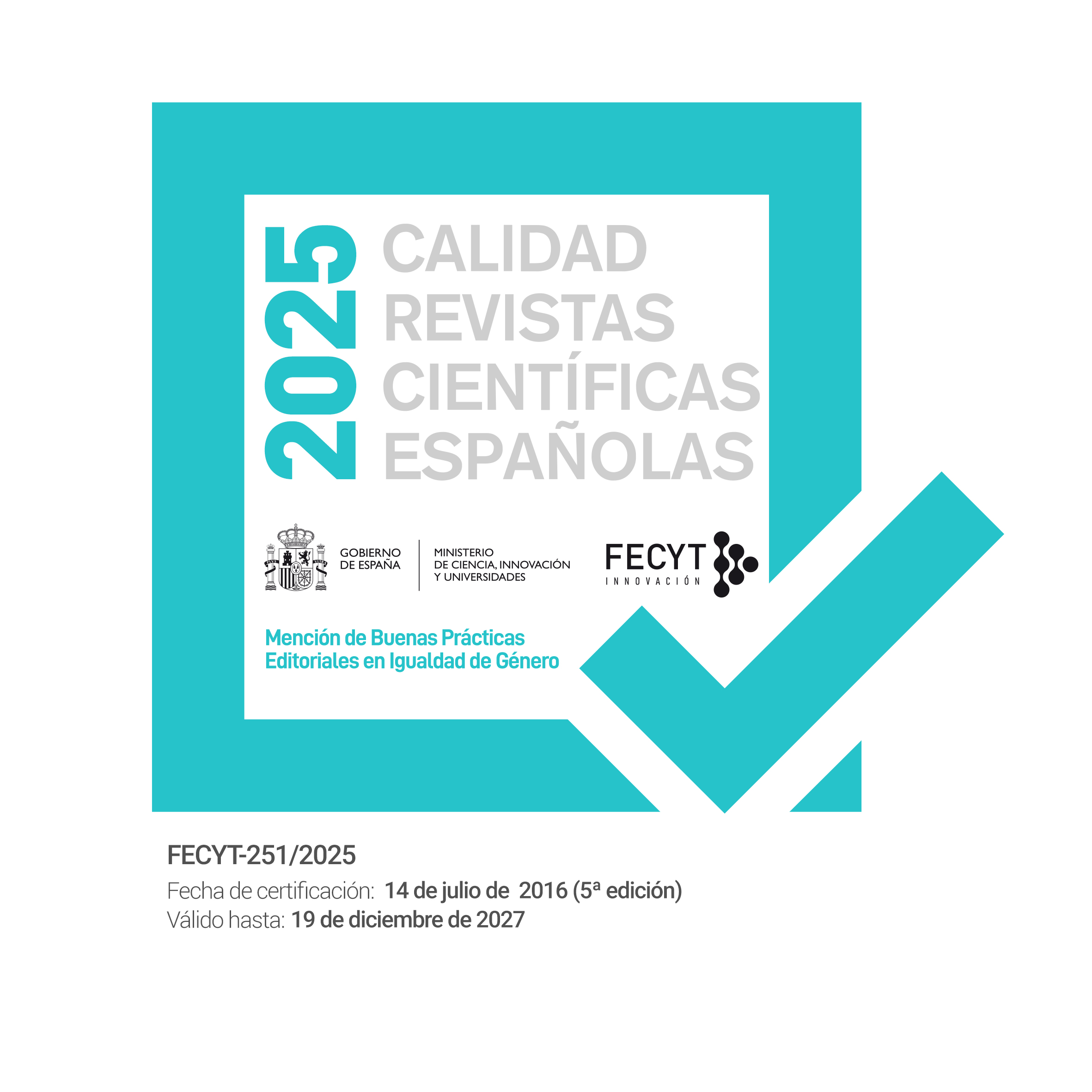Cuando el derecho a fugarse subvierte el neo-orientalismo
DOI:
https://doi.org/10.5944/empiria.46.2020.26968Keywords:
actos de ciudadanía, fronteras, derecho de fuga, movimientos sociales, neo-orientalismo, acts of citizenship, neo-orientalism, right to escape, borders, social movementsAbstract
Este artículo es una investigación a través de la Teoría de los Actos de Ciudadanía que subvierten discursos y estrategias neo-orientalistas de control de la inmigración. Concretamente se centra en los procesos de resistencia de varios grupos de inmigrantes surasiáticos que fueron confinados durante años en Centros de Estancia Temporal para Inmigrantes en Ceuta y Melilla, dos enclaves fronterizos españoles (europeos) donde los derechos humanos pueden quedar en suspenso. Para evitar ser deportados, optaron por fugarse de los CETI sin ser conscientes de que su lucha derivaría una serie de acciones y movimientos de solidaridad por el derecho a ser transferidos al continente europeo e impedir su deportación solo en Ceuta y Melilla, sino también en otras orillas del Mediterráneo. Empleando diferentes fuentes de información, se ha empleado la técnica de “escribir un acto de ciudadanía” de Engin Isin para capturar actos que quedarían ocultos bajo teorías dominantes de ciudadanía formal. El día en que escaparon fue el día en que dejaron de ser víctimas del régimen neo-orientalista de fronteras, y se convirtieron en ciudadanos activistas por el derecho a la libre movilidad humana.
This article is an investigation through the Theory of Acts of Citizenship that subvert neo-orientalist discourses and strategies. Specifically, it focuses on the resistance processes of several groups of South Asian immigrants confined for years in Temporary Stay Centers for Immigrants in Ceuta and Melilla, two Spanish (European) border enclaves where rights are suspended. To avoid being deported, they chose to run away from the CETI without being aware that their struggle would lead to a series of solidarity actions and movements for the right to be transferred to the European continent and prevent their deportation only in Ceuta and Melilla, but also on other shores of the Mediterranean. Using different sources of information, I have chosen Egin Isin´s tool of “writing an act of citizenship” to capture acts that would remain uncovered under the gaze of formal citizenship. The day they escaped was the day they stopped being victims of the neo-Orientalist border regime, and became activist citizens for the right to move.
Downloads
Downloads
Published
How to Cite
Issue
Section
License
Los autores que publican en esta revista están de acuerdo con los siguientes términos:a) Los autores conservan los derechos de autor y garantizan a la revista el derecho de ser la primera publicación del trabajo al igual que licenciado bajo una Licencia Internacional Creative Commons CC BY-NC-SA 4.0.
b) Se permite y se anima a los autores a difundir electrónicamente las versiones pre-print (versión antes de ser evaluada) y/o post-print (versión evaluada y aceptada para su publicación) de sus obras antes de su publicación, ya que favorece su circulación y difusión más temprana y con ello un posible aumento en su citación y alcance entre la comunidad académica.












